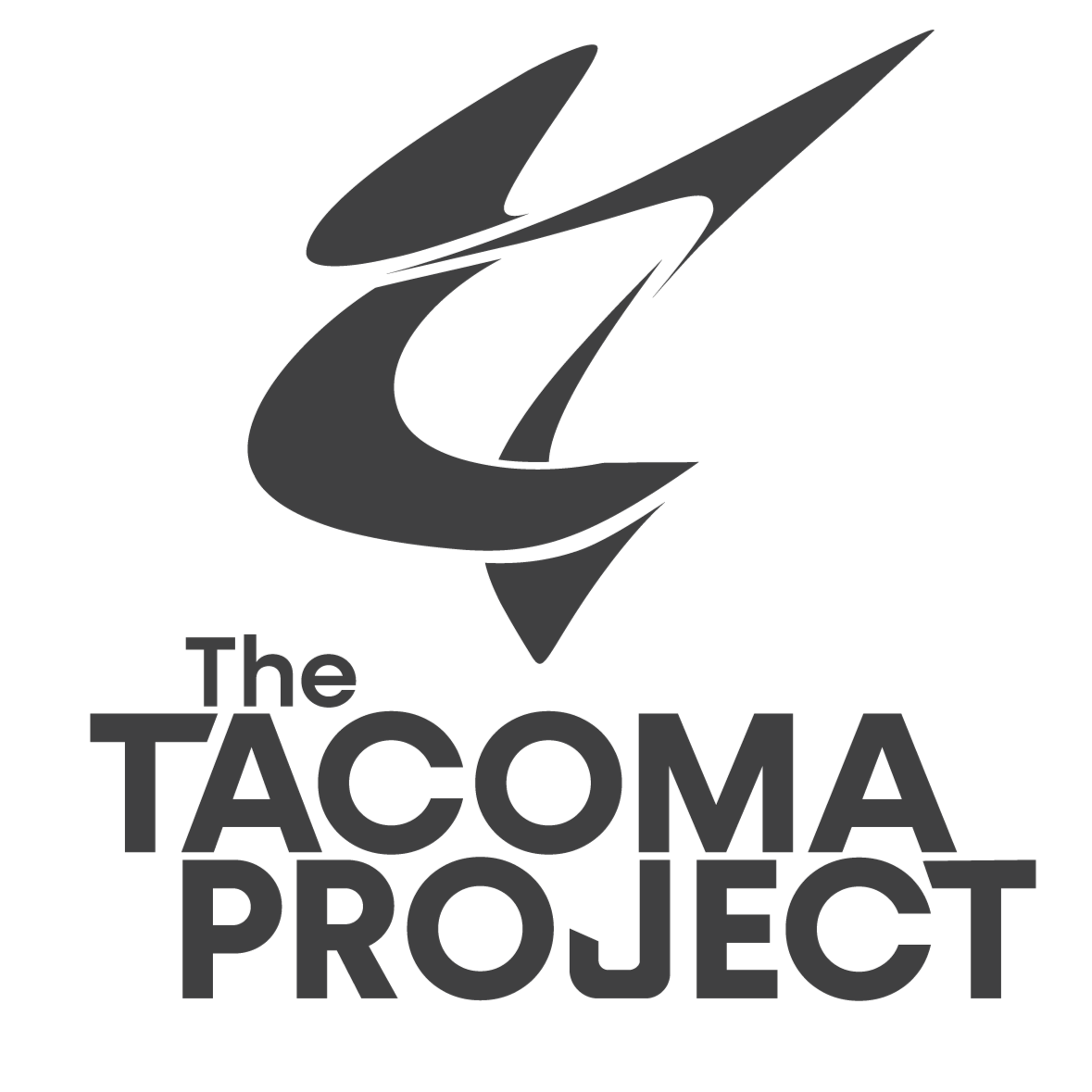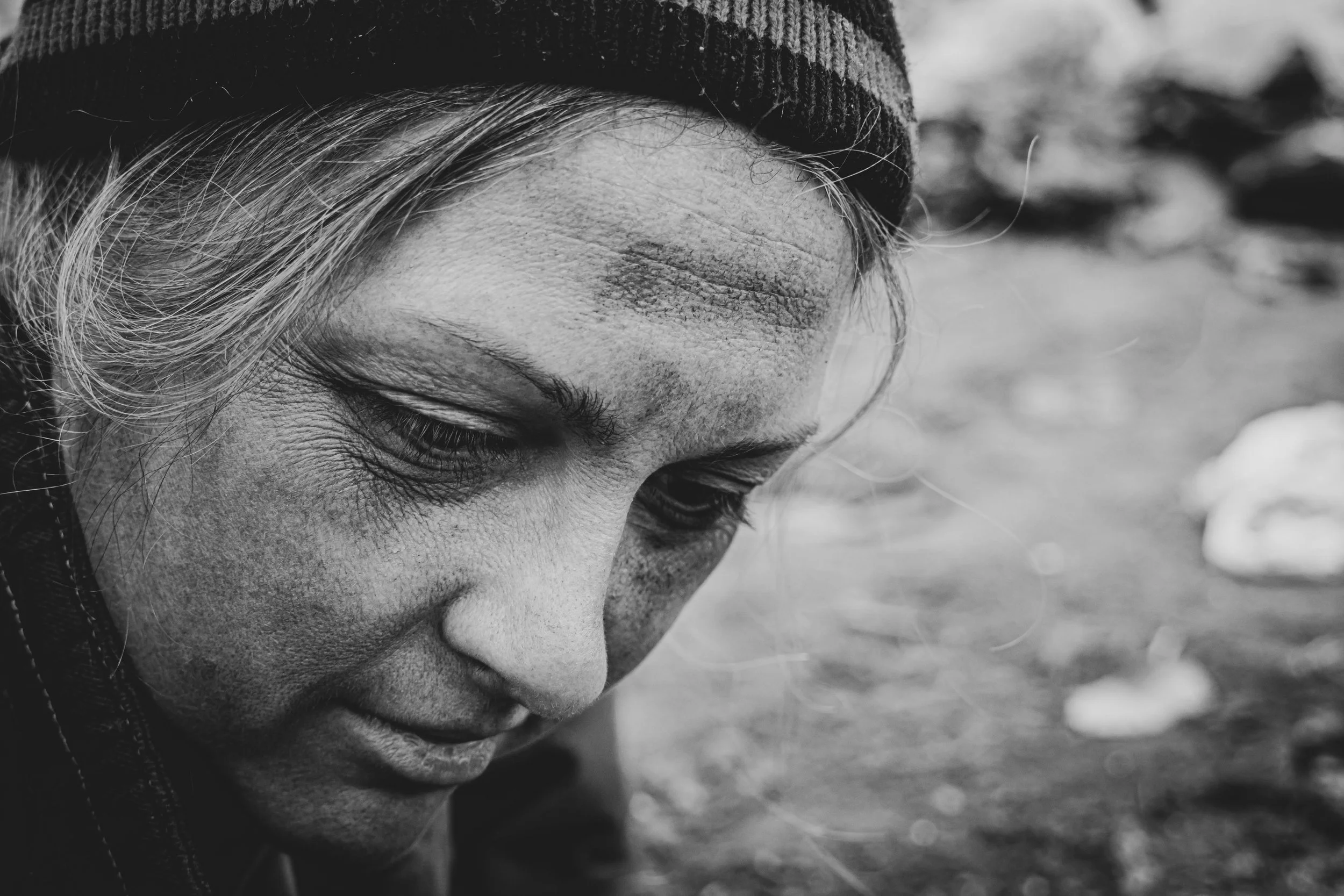We’re here for you
Ready to get started?
Mental Health
At The Tacoma Project, we recognize that mental health is just as vital as physical health. Our team delivers compassionate, client-centered care that helps individuals find balance, build resilience, and create lasting wellness. We provide comprehensive mental health services, including supportive group therapy, individualized one-on-one counseling, behavioral health day treatment, and psychiatric medication management.
Substance Use Disorder
At The Tacoma Project, we provide comprehensive, compassionate care for individuals struggling with substance use disorders. Our approach is rooted in evidence-based practices, lived experience, and whole-person healing—addressing not only addiction but also the underlying behavioral health and life challenges that contribute to it.
-
Every journey begins with a thorough evaluation. We take time to understand each person’s history, needs, and goals so we can design an individualized care plan that sets the stage for sustainable recovery.
-
We offer a Level 2.1 Intensive Outpatient Program (IOP) as well as outpatient services tailored to meet clients where they are. Treatment includes:
Individual Therapy – one-on-one sessions with licensed clinicians to address personal challenges and goals.
Group Therapy – peer-supported spaces that build community, accountability, and shared learning.
-
Addiction does not exist in isolation. That’s why we integrate supportive services to remove barriers and promote lasting stability, including:
Case Management & Care Coordination – connecting clients to housing, employment, legal resources, and medical care.
Holistic Services – wellness activities such as art, yoga, mindfulness, and nutrition support.
-
We provide Medication-Assisted Treatment (MAT) for individuals with Opioid Use Disorder and Alcohol Use Disorder. Our medical team offers evidence-based medications including Naltrexone, Suboxone/Subutex, Vivitrol, Sublocade, and Brixadi, paired with counseling and supportive services to promote long-term recovery and stability.
Housing & Employment
Through the Foundational Community Supports (FCS) program, offered in partnership with Wellpoint (formerly Amerigroup), we provide individuals with the stability and resources needed to thrive beyond treatment. FCS offers two core supports: Supportive Housing and Supported Employment, backed by personalized case management every step of the way.
Supportive Housing
Safe and stable housing is the foundation for recovery and wellness. Our team helps individuals overcome barriers such as eviction history, criminal records, or lack of income by:
Identifying safe, affordable housing options
Assisting with applications, landlord communication, and housing navigation
Providing ongoing tenancy support to ensure housing stability
Supported Employment
Employment is key to independence and long-term recovery. Through FCS, we offer:
Job readiness training and resume building
Interview preparation and skill development
Connection to local employers who value second chances
Ongoing support to help clients maintain employment and grow in their careers
Case Management & Wraparound Support
Our case managers serve as a constant point of contact to help clients navigate challenges and connect to resources. This includes:
Benefits navigation and community resource referrals
Coordination with healthcare, legal, and social service systems
Personalized support plans to address barriers and set long-term goals
Peer Support
Our Peer Support Specialists bring lived experience with recovery, mental health, and re-entry. They walk alongside clients as role models, mentors, and advocates—offering encouragement, accountability, and hope.
Through one-on-one support and group connections, peers help clients:
Navigate treatment and community resources
Build confidence and life skills
Stay motivated through challenges
Celebrate milestones in recovery
At The Tacoma Project, we believe healing is strongest when shared. Peer support ensures no one has to walk the journey alone.
““Everyone could relate because they’ve been through it too. I could talk to anyone and they understood exactly where I was coming from.””






